LESS than $400 million of at least $2 billion generated by major miners is being channelled into the procurement of domestic products, a Buy Zimbabwe executive said last week.
The buy local campaigner's chief executive officer (CEO), Munyaradzi Hwengwere, said this amount was a drop in the ocean and was the major reason behind the collapse of hundreds of small-scale businesses in Zimbabwe that have struggled to access markets for their products.
In an address during the Buy Local summit in Gweru last week, Hwengwere called for tougher measures for compliance with the Public Procurement.
He said in South Africa, a vibrant domestic industries sector had blossomed and anchored the economy on the back of strong policies towards the production and consumption of domestic products.
Avoiding domestic raw materials, equipment and other services by the mining industry was a huge assault on domestic producers, said Hwengwere, adding that the mining sector was one of Zimbabwe's largest industries from where tremendous spiff offs can be generated by local industries to bolster economic recovery.
The mining industry contributes 10 percent to the country's gross domestic product (GDP) and about 60 percent of exports.
However 60 percent of the industry's requirements are imported, according to the Chamber of Mines of Zimbabwe, with 40 percent procured locally.
"Out of $2 billion that comes from mining industry every year, less than 20 percent goes to local manufacturers," said Hwengwere.
"They say our prices are too high, the quality is not good enough and so forth. What South Africa has done is that they have ranked the various SMEs. There are companies that can provide goods to a particular threshold like R10 000. So we don't have situations like the ZESA one where you give someone a $5 million tender but they cannot supply. But sometimes we are too shy to speak about our own story. We are very slow to go to the stage. We should be able to say to Mimosa, to Zimplats, show us your score card. South Africa, within the public procurement space, is going 100 percent for local things," said Hwengwere while referring to a controversial tender awarded to a local firm by national power utility, ZESA Holdings, about two years ago, which failed to deliver a solar powered plant in Gwanda.
"This year in South Africa they are targeting to increase local procurement by R62 billion. In Zimbabwe we have the new Public Procurement Act, which has provisions for local goods preference. But no one is monitoring that. We are not building the necessary capacity to ensure this is done," said Hwengwere.
He spoke as research by one of Zimbabwe's largest banks showed the mining industry was well placed to lead government's goal of achieving middle income levels in the next 12 years.
Agribank head of strategy Joseph Mverecha said the trick was to rebuild and capacitate the mining industry, which requires about $11 billion to return to full scale productions, and reignite the growth impetus revolving about the resources sector.
President Emmerson Mnangagwa's middle income status by 2030 vision meant that the country had to grow at 9,9 percent per annum and build its GDP to $50 billion by 2030 anchored on mining, he further noted.
That could be a hard task for a country that still faces significant funding challenges due to subdued foreign direct investment (FDI) inflows. The country has been receiving about $500 million FDI per annum, in contrast to about $2 billion in countries like Mozambique.
"The easiest way is to get foreign direct investment flowing immediately in the mining sector. But mining alone may not be able to carry this economy to 9,9 percent growth. It requires to be carried by other sectors like agriculture. We are looking at an economy that is staggering close to two percent growth. That will give significant momentum. We could easily get $8 billion per year from the mining sector. We have to go for an entire growth model which revolves around mining but also with other sectors supporting," said Mverecha.
- fingaz
 Zimbabwe to establish municipal courts
Zimbabwe to establish municipal courts  Rand manipulators taken to ConCourt
Rand manipulators taken to ConCourt  Mnangagwa in Japan for TICAD9 summit
Mnangagwa in Japan for TICAD9 summit  ZSE pushes for another equities tax cut to boost selloffs
ZSE pushes for another equities tax cut to boost selloffs  AfDB projects 6% economic growth for Zimbabwe
AfDB projects 6% economic growth for Zimbabwe  Mutambara warns of Western, Chinese bias in AI
Mutambara warns of Western, Chinese bias in AI  Young Investment Professional (YIP) Graduate Programme 2019
Young Investment Professional (YIP) Graduate Programme 2019 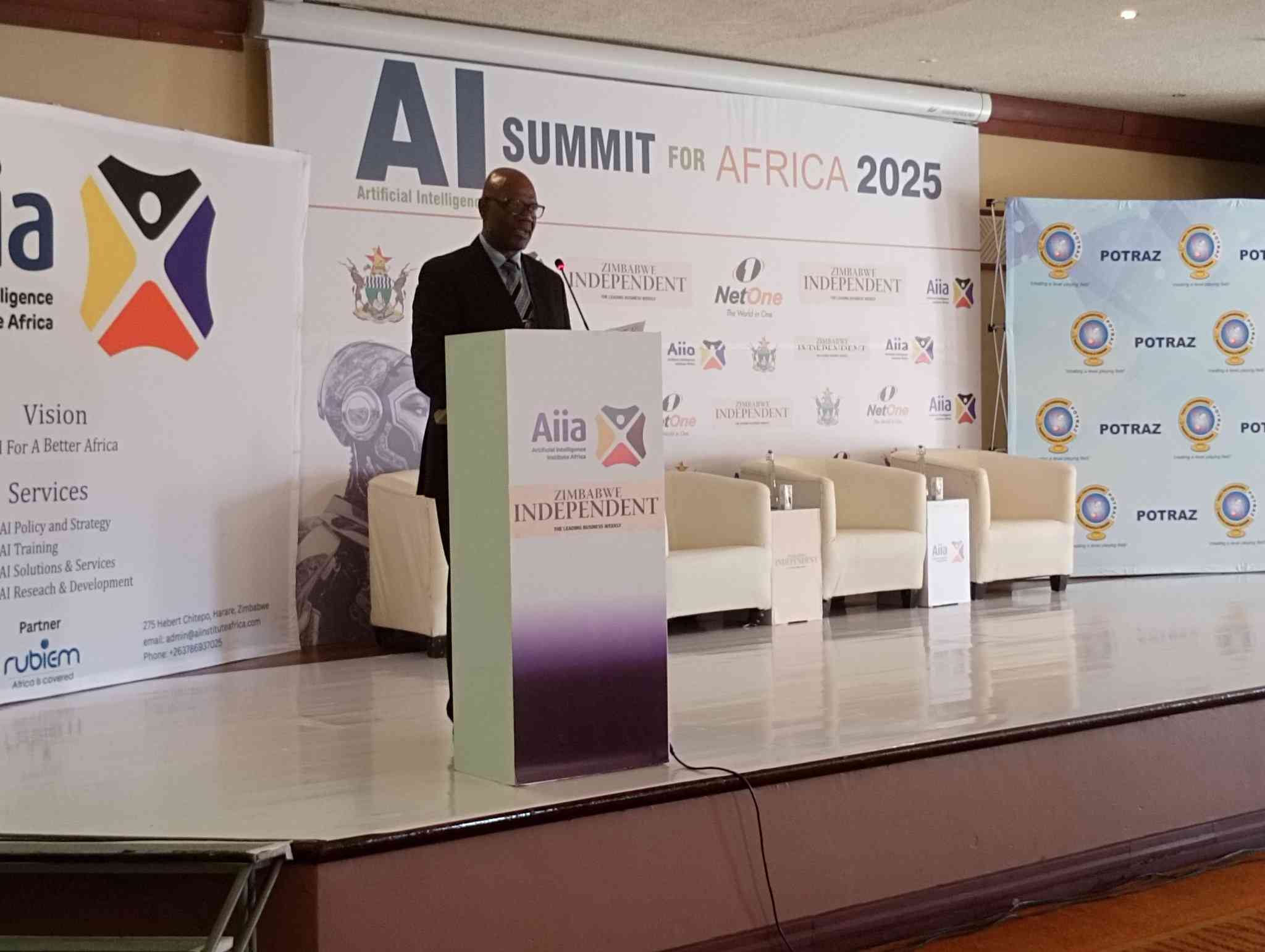

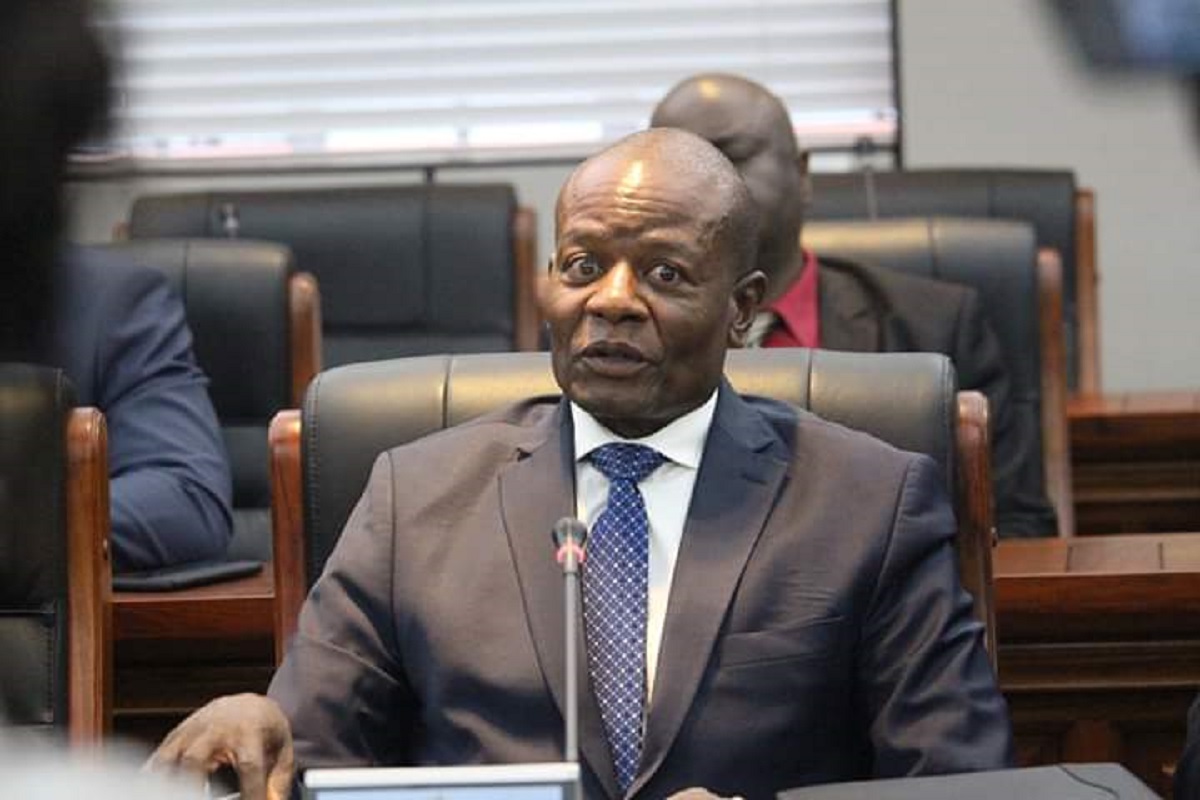
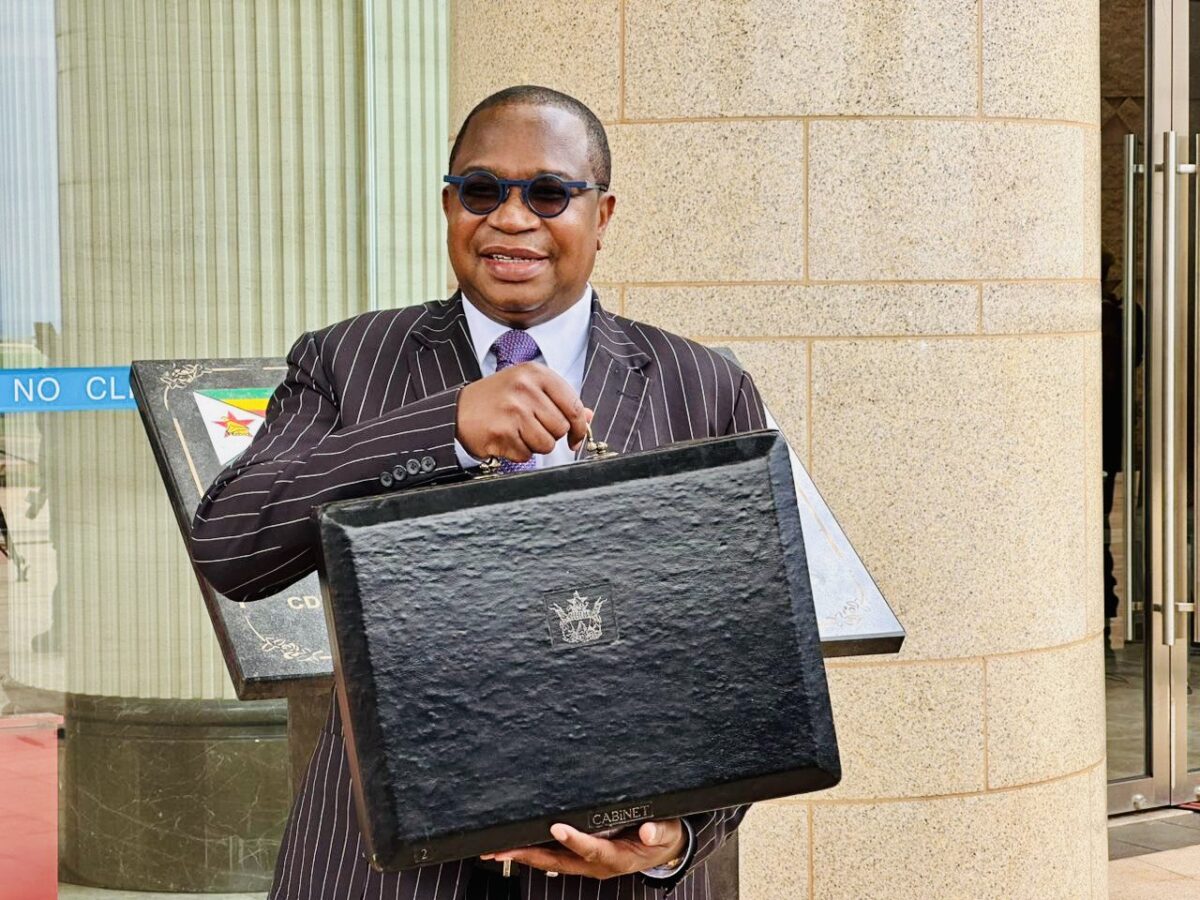

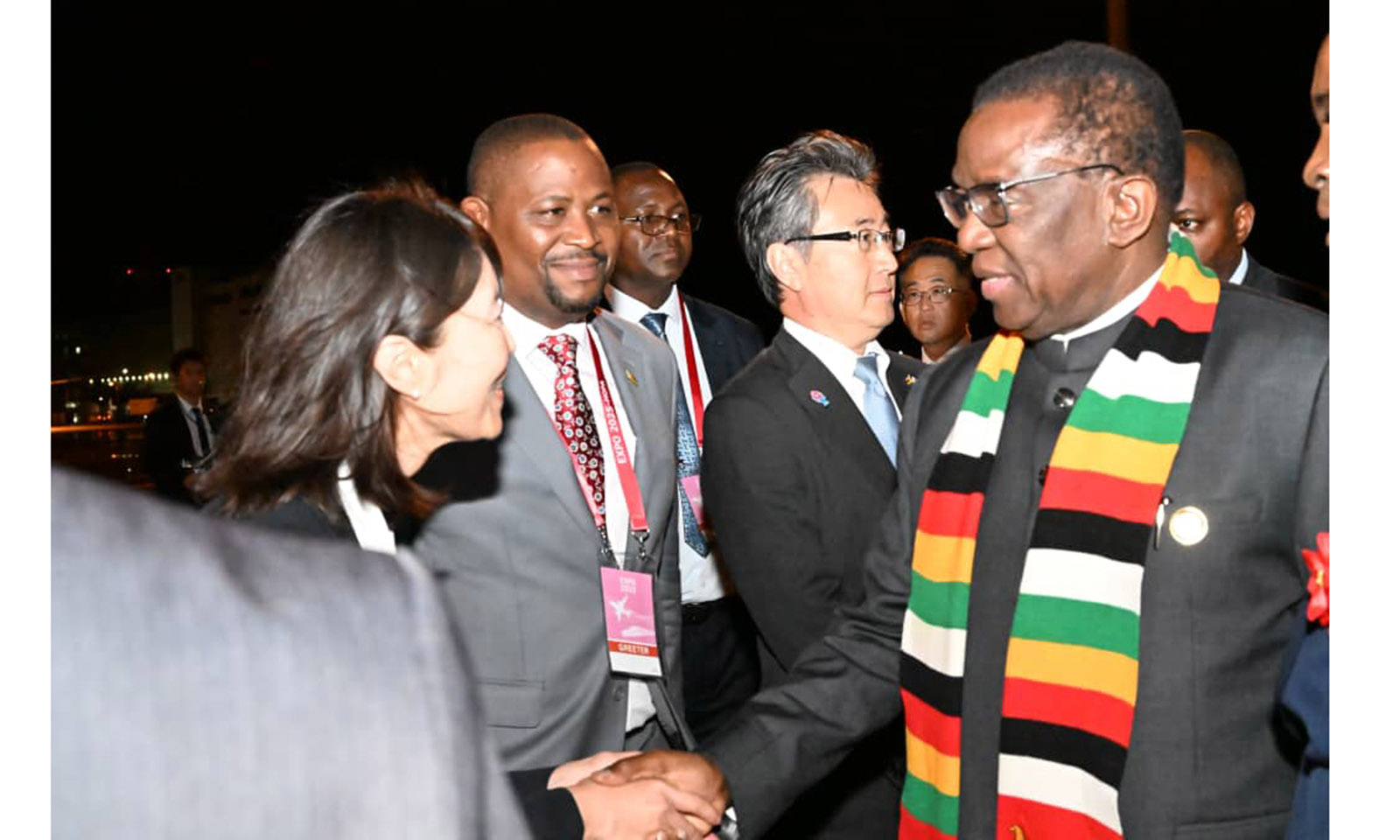

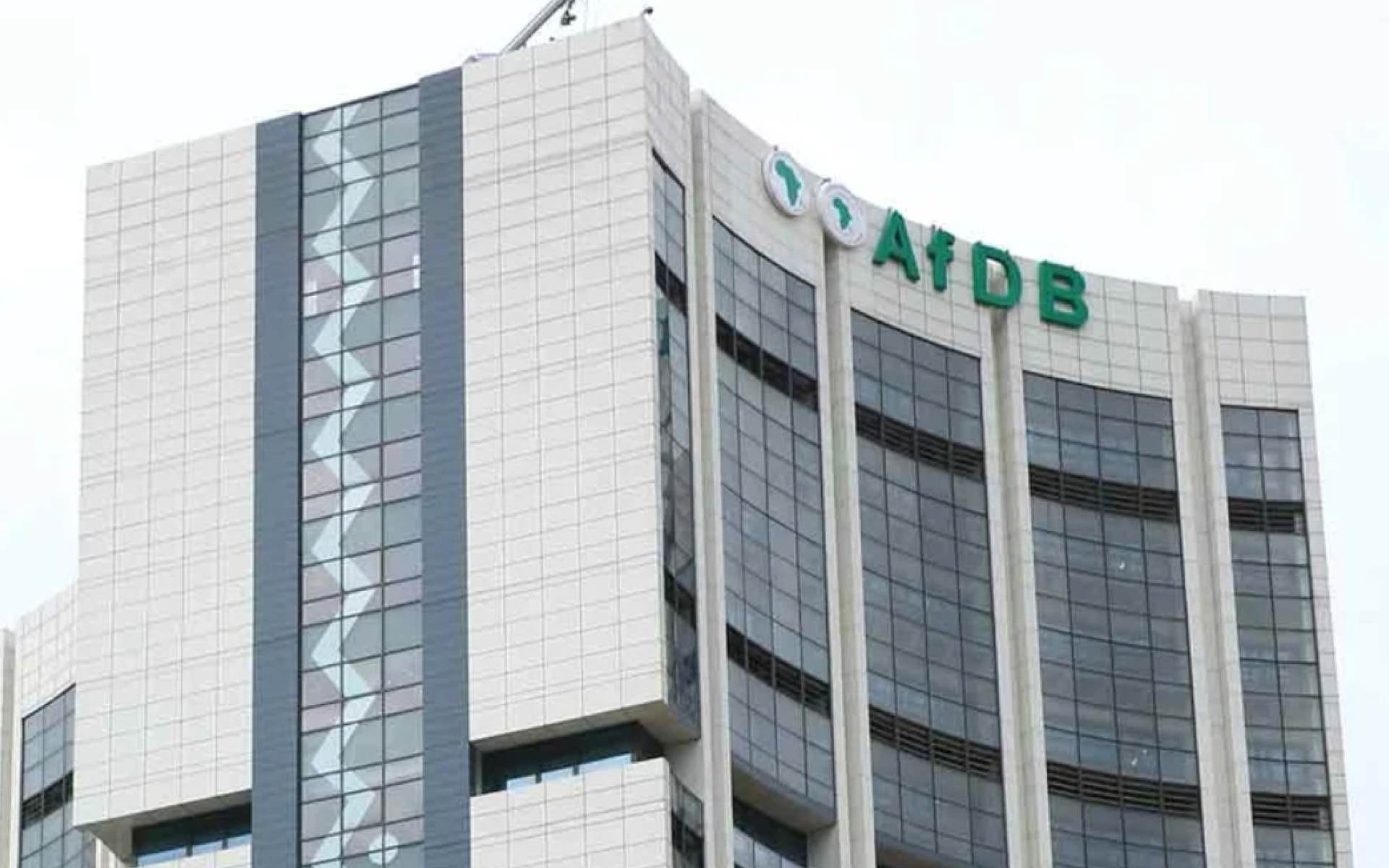

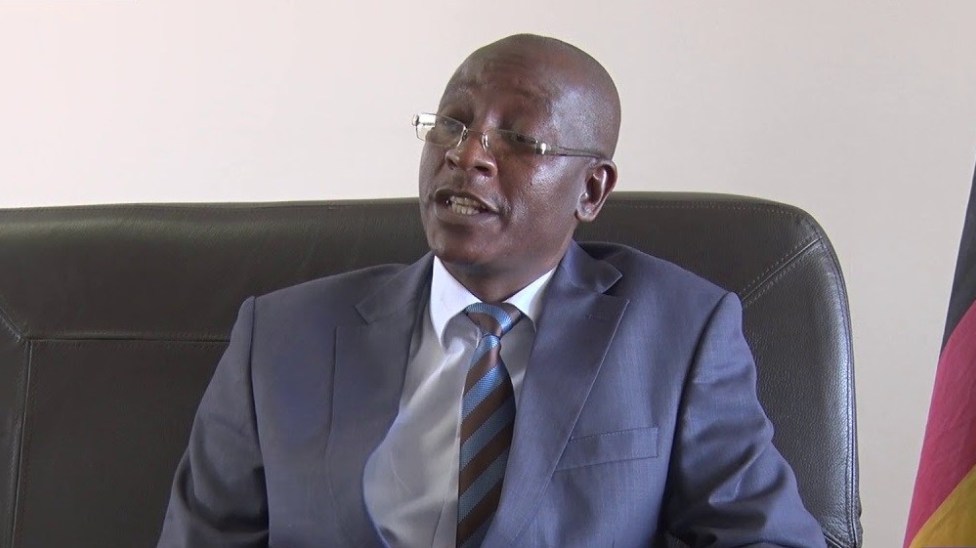


 Young Investment Professional (YIP) Graduate Programme 2019
Young Investment Professional (YIP) Graduate Programme 2019
Editor's Pick